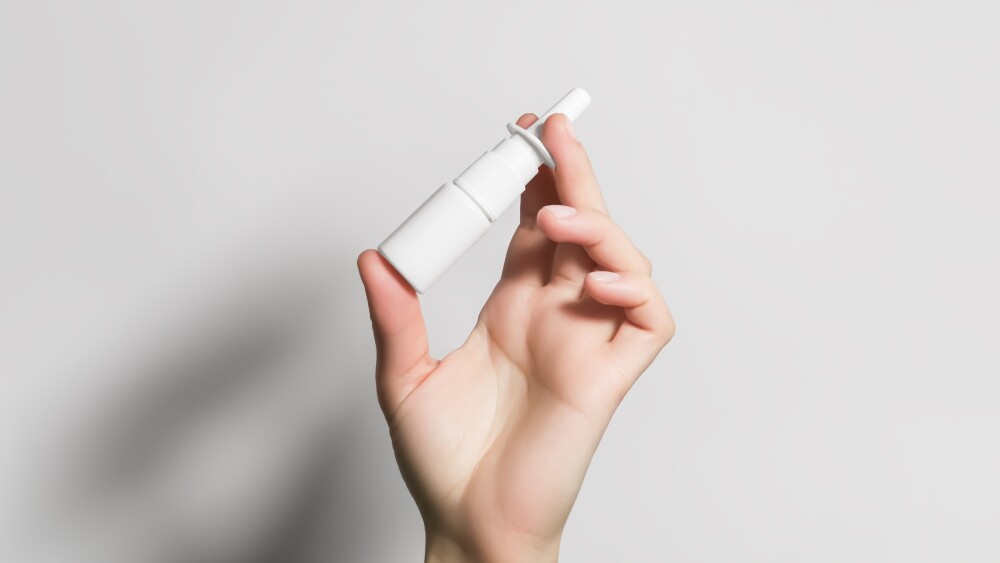Capping off the first half of the year is a flurry of clinical trial wins. BioSpace takes a look at some of the most exciting ones:
Capping off the first half of the year is a flurry of clinical trial wins. BioSpace takes a look at some of the most exciting ones:
BeiGene ESCC Drug Achieves 34% Victory Over Death
Chinese biopharma company BeiGene released new data from the global Phase III RATIONALE 306 trial showing that its candidate tislelizumab improved survival in advanced or metastatic esophageal squamous cell carcinoma (ESCC) patients who hadn’t yet received systemic treatments.
Revealed as part of an oral late-breaking presentation at the 2022 European Society for Medical Oncology (ESMO) World Congress for Gastrointestinal Cancer, BeiGene’s data showed that the combination of its candidate and chemotherapy cut the risk of death by 34% when compared with chemotherapy plus placebo.
Progression-free survival and the overall treatment response rate were likewise significantly better in patients treated with the tislelizumab-containing regimen. Tislelizumab also had a good tolerability profile and did not trigger more treatment-related adverse events than the placebo.
The debut drug candidate of BeiGene’s immuno-oncology biologics program, tislelizumab is a humanized IgG4 anti-PD1 monoclonal antibody that helps the body’s immune cells find and attack tumors. RATIONALE 306 aims to assess the safety and efficacy of combining tislelizumab with chemotherapy as a first-line treatment for ESCC by enrolling nearly 650 patients across sites in North America, Europe and the Asia-Pacific.
Lexicon Eases Painful Diabetic Neuropathy in Phase II Study
Lexicon Pharmaceuticals announced that its oral candidate LX9211 met the primary outcome of the Phase II proof-of-concept study RELIEF-DPN-1, inducing a statistically significant reduction in average daily pain score (ADPS) after six weeks of treatment.
RELIEF-DPN-1 is a randomized, double-blinded and placebo-controlled Phase II trial, enrolling over 300 patients across nearly 40 sites in the United States and testing two dosing regimens of LX9211. The first provides an initial 100-mg dose followed by daily 20-mg doses, while the second involves a first dose of 200 mg followed by 20-mg doses every day. Both arms saw reported significant improvement in ADPS.
The advantage of LX9211 over placebo became apparent as early as week one in both dosing regimens, and its benefits were consistent across different patient groups. Though there were more adverse events in both LX9211 arms, patient-reported outcomes, or the global impression of change, were still much better than in the placebo group. Almost all side effects were mild or moderate.
Identified under a neuroscience drug discovery partnership between Lexicon and pharma giant Bristol-Myers Squibb, LX9211 is an oral, selective small-molecule inhibitor of adaptor-associated kinase 1 and has been shown in preclinical studies as a promising treatment for neuropathic pain. A full analysis of LX9211’s performance in RELIEF-DPN-1 will be submitted for publication in a peer-reviewed journal and presentation at an upcoming medical conference.
Lexicon holds exclusive development and commercialization rights to LX9211.
9 Meters Notches Short Bowel Syndrome Win
Also revealing encouraging topline Phase II results is clinical-stage company 9 Meters Biopharma. Preliminary findings from the VIBRANT study showed that its candidate vurolenatide, a long-acting GLP-1 receptor agonist, can effectively reduce stool output in patients with short bowel syndrome.
Designed to enroll up to 22 patients, VIBRANT is a multicenter, double-blinded and placebo-controlled study with four parallel treatment arms: 50 mg vurolenatide dosed weekly, 50 mg dosed every other week, 100 mg dosed every other week and placebo. 9 Meters’ topline data come from 11 patients, seven of whom met VIBRANT’s primary efficacy endpoint of at least a 10% reduction in the 24-hour total stool output (TSO).
The ongoing study has also identified an optimal dosing regimen, which 9 Meters hope to apply to a future Phase III trial. In the study arm the company expects to take into Phase III, the mean TSO reduction was more than 25%.
In patients with short bowel syndrome, production of the hormone GLP-1 is often compromised, which in turn speeds up the movement of food and fluids through the stomach. Vurolenatide counteracts this by activating GLP-1 receptors. The candidate also uses 9 Muses’ proprietary XTEN technology to achieve a longer circulating half-life. VIBRANT found that vurolenatide’s action was generally safe, causing mostly mild or moderate side effects. There were no discontinuations due to adverse events.
Based on these promising early Phase II findings, along with other supporting data from previous studies, 9 Meters has set an end-of-Phase II meeting with the United States Food and Drug Administration, scheduled for mid-third quarter.






